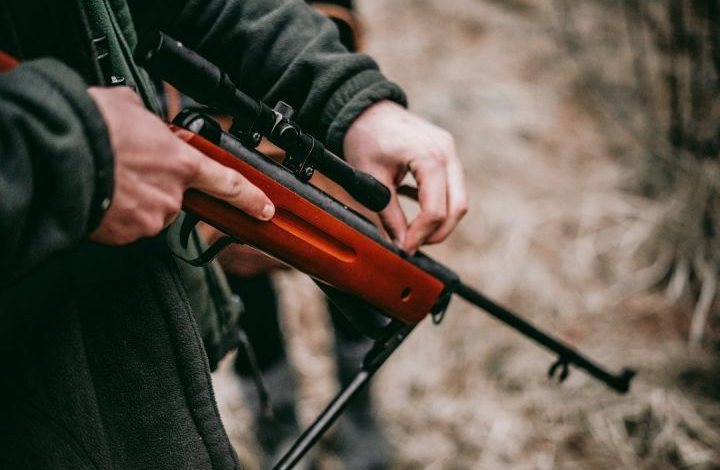How to Adapt Hunting Strategies for Different Seasons?

Hunting is a skill that requires adaptability and versatility. As the seasons change, so do the habits and behaviors of animals, making it essential for hunters to adapt their strategies accordingly. In this article, we will explore some effective techniques for hunting in different seasons.
Understanding Animal Behavior
Before diving into specific strategies, it is crucial to have a solid understanding of the behavior of the animal species you are targeting. Each animal has unique patterns and habits that are influenced by the changing seasons. By studying their behavior, you can gain valuable insights that will inform your hunting approach.
Spring Hunting Strategies
Spring is a time of renewal and growth, and animals are no exception. During this season, many species are focused on mating and raising their young. To adapt your hunting strategy for spring, consider the following:
1. Focus on scouting: Spend time in the field observing the movement patterns of animals. Look for signs of mating behavior or nesting areas. This will help you identify the best locations for your hunts.
2. Use calls and decoys: Many animals, such as turkeys and waterfowl, are highly responsive to calls and decoys during the spring. Mastering the art of mimicking their sounds can significantly increase your chances of success.
3. Be patient: Spring hunting can require more patience than other seasons. Animals may be preoccupied with breeding and may not be as active during daylight hours. It’s crucial to spend long hours in the field and remain patient for the right opportunity to present itself.
Summer Hunting Strategies
Summer brings warmer temperatures and longer days, which can affect animal behavior. Here are some strategies to consider for hunting in the summer:
1. Hunt early morning and late evening: As temperatures rise during the day, animals tend to seek shelter and rest. By focusing your hunting efforts during the cooler hours of the day, you increase your chances of encountering active animals.
2. Look for water sources: In hot weather, animals need to stay hydrated. Identifying water sources such as lakes, rivers, or watering holes can be a productive strategy. Setting up near these areas can increase your chances of spotting game.
3. Use scent control: With vegetation at its peak during the summer, animals rely heavily on their sense of smell. Invest in scent control products to minimize your scent and increase your chances of remaining undetected.
Fall Hunting Strategies
Fall is a favorite season for many hunters, as it marks the start of hunting season for numerous game species. To adapt your strategies for fall hunting, keep the following in mind:
1. Understand migration patterns: Many animals, such as waterfowl and certain big game species, undergo seasonal migrations during the fall. Research and understand these migration patterns to position yourself in the right locations for a successful hunt.
2. Utilize camouflage: As foliage turns different shades of red, yellow, and brown, it becomes essential to blend in with your surroundings. Invest in quality camouflage gear that matches the environment you will be hunting in.
3. Be versatile: Fall weather can be unpredictable, ranging from warm to cold temperatures. Prepare for changing weather conditions by layering your clothing and being ready to adapt your hunting strategy on the fly.
Winter Hunting Strategies
Winter hunting presents unique challenges, as animals become more scarce and the weather becomes harsher. Here are some strategies to consider for hunting in the winter:
1. Focus on food sources: As food becomes scarce in winter, animals will be concentrated around remaining food sources. Look for areas with available food, such as crop fields or oak trees that produce acorns.
2. Utilize tracking skills: Fresh snowfall offers an excellent opportunity to track animals. Learn to identify tracks and signs left by game animals, as this can lead you to their whereabouts.
3. Be prepared for extreme conditions: Winter hunting requires careful preparation. Dress in warm, waterproof layers, and ensure you have proper shelter, food, and water supplies in case of emergencies.
In conclusion
Adapting hunting strategies for different seasons is crucial for a successful hunt. By understanding animal behavior and making adjustments to your approach, you can increase your chances of a fruitful hunting experience. Remember, each season brings its own challenges and opportunities, so be prepared to adapt and stay flexible in your approach. Happy hunting!
